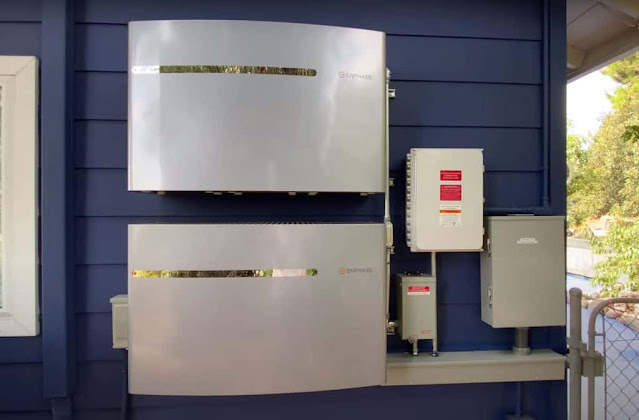Residential Battery Innovations: Powering the Future of Homes
As the world transitions towards a more sustainable and decentralized energy system, Residential Battery innovations are emerging as a key component in powering the future of homes. These innovative technologies enable homeowners to store and utilize electricity, providing greater energy independence, cost savings, and environmental benefits. From lithium-ion batteries to advanced energy management systems, battery innovations are transforming the way we consume and manage energy in our homes.
One of the primary advantages of battery systems is their ability to store excess electricity generated from renewable sources, such as solar panels. Solar energy production is intermittent, with peaks and valleys depending on factors like weather conditions. Battery systems can capture surplus solar energy during periods of high generation and store it for use during periods of low or no generation, such as at night or on cloudy days. This enables homeowners to maximize their self-consumption of clean energy and reduce their reliance on the grid, leading to significant energy cost savings over time.
Furthermore, residential batteries enhance the resiliency of homes during power outages or grid disruptions. Traditional energy systems rely on centralized power grids, which can be susceptible to failures or natural disasters. Residential Battery systems provide homeowners with backup power, allowing them to continue essential activities and maintain comfort during outages. This is particularly valuable in regions prone to extreme weather events or areas with unreliable grid infrastructure. Residential batteries offer a reliable and decentralized energy solution, ensuring uninterrupted power supply and peace of mind.
The Residential Battery Market was estimated to be worth USD 11.08 billion in 2021, and from 2022 to 2030, it is predicted to increase at a CAGR of 18.6%.
Another key benefit of battery innovations is their contribution to the overall grid stability and efficiency. By integrating battery systems into a larger network, known as a virtual power plant (VPP), these distributed energy resources can be aggregated and managed collectively. VPPs can optimize energy generation and consumption, balance supply and demand fluctuations, and provide grid services, such as frequency regulation and peak shaving. This decentralized approach reduces strain on the grid, enhances its reliability, and enables a smoother integration of renewable energy sources into the broader energy system.
Moreover, battery systems play a vital role in environmental sustainability and reducing carbon footprints. By utilizing stored energy during peak demand periods, homeowners can avoid drawing electricity from fossil fuel-based power plants, which are often dispatched to meet high energy demand. This not only reduces greenhouse gas emissions but also helps alleviate the strain on these polluting energy sources. Residential Battery innovations enable homeowners to actively participate in the transition to a cleaner energy future, fostering a more sustainable and eco-friendly lifestyle.
In terms of technological advancements, lithium-ion batteries have emerged as the dominant technology in residential energy storage. They offer high energy density, longer lifespan, and efficient charge/discharge cycles. However, ongoing research and development efforts are focused on improving battery performance, enhancing safety features, and reducing costs. Innovations such as solid-state batteries, flow batteries, and advanced battery management systems are being explored to overcome existing limitations and unlock new possibilities for residential energy storage.
To accelerate the adoption of Residential Battery systems, governments and energy stakeholders are implementing supportive policies and financial incentives. These measures aim to reduce the upfront costs of battery installations and promote the integration of renewables and energy storage technologies. Additionally, collaborations between battery manufacturers, energy companies, and homebuilders are driving innovation and the seamless integration of battery systems into new residential constructions.
battery innovations are revolutionizing the way homes consume, store, and manage energy. These systems empower homeowners to become more self-sufficient, reduce energy costs, enhance resilience, and contribute to a cleaner and more sustainable energy future. With ongoing advancements in technology, supportive policies, and collaborative efforts, battery systems are poised to play a pivotal role in powering the homes of tomorrow. As we embrace these innovations, we move closer to a decentralized and environmentally conscious energy landscape.


Comments
Post a Comment